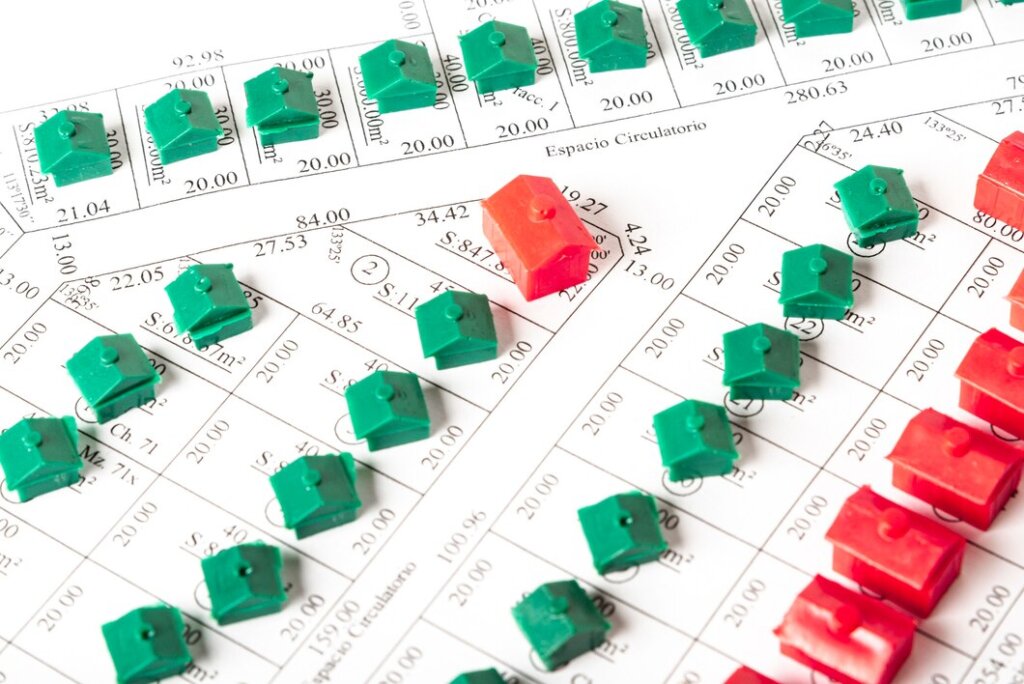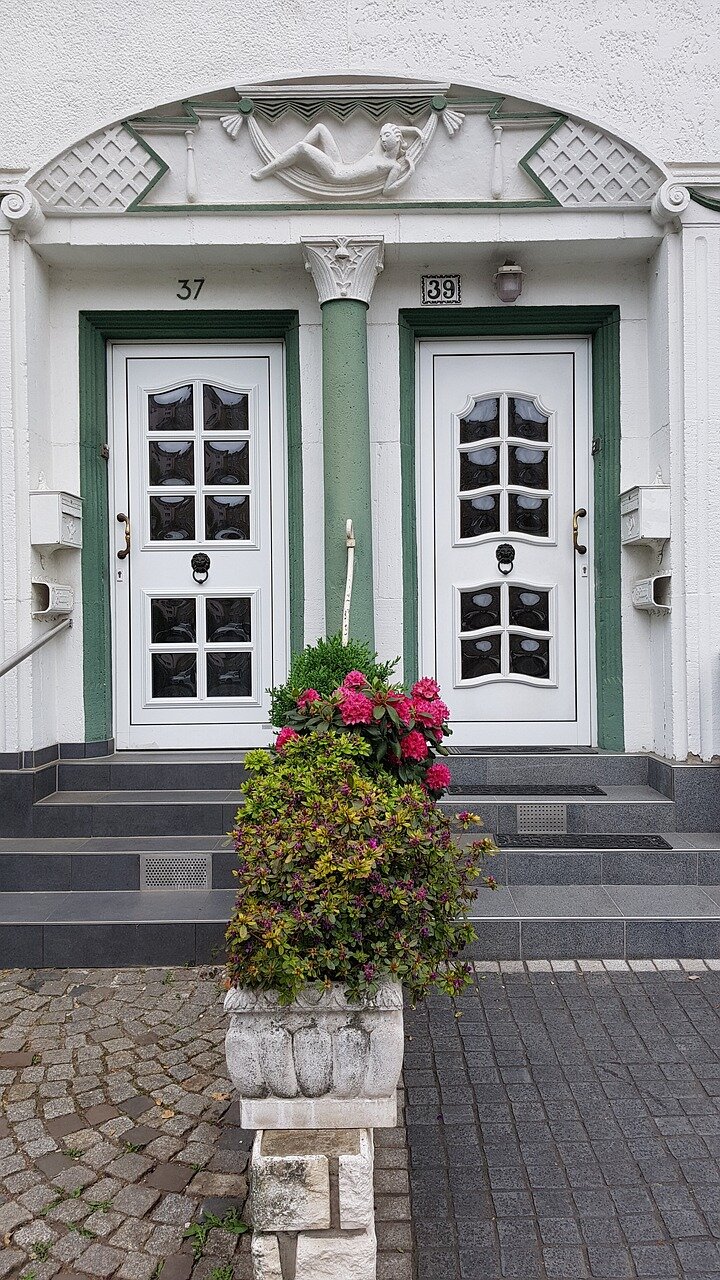Buying and selling houses can be complex. Sometimes, buying the next house may take longer than expected, and you may be worried about selling your home too soon and not having a place to live before you finance the next house. Perhaps you live in a competitive real estate market for home buyers and are having trouble outbidding others on the homes you want.
Fortunately, some circumstances allow you to sell the home but continue to live in it after the closing date. You may need to work with the right real estate agent to negotiate with potential buyers to live in the home rent-free.
Is Living in My House Possible After Selling It?
Yes, living in your home after selling it is possible. However, situations where the previous owner remains in the home are rare, especially if you hope to avoid paying rent. Additionally, even if you do not have to worry about rental payments, you may still pay property taxes, maintenance costs, and legal fees related to the agreement.
In most cases, people who stay are owners struggling to find a new house in a hot housing market or elderly people who sell their home to a family member or an investor but make an agreement to stay for a while or until they pass.
Strategies to Sell Your House and Still Live in It
Some buyers, especially real estate investors, may be willing to let you live in the house for a time after they buy it from you. It all depends on the terms of the home sale and what they are willing to allow. Here are a few strategies to continue living in your home even after selling it.

Home Reversion Agreement
A home reversion scheme is a popular option for those who want to sell their homes but continue to live in them for a while. Home reversions are usually only possible with an investor, lender, or a home reversion company. With a sale-leaseback agreement, the buyer will purchase the whole property or a part of it. You may have to settle for a lower purchase price, but you may also receive some tax benefits.
In exchange, the seller receives a lump sum cash payment, a regular monthly income stream, or a mix of both. Under both a full and partial home reversion, you have the right to live in the home until your demise or until you move out of your own volition while still enjoying the profits from home equity. The buyer does not collect rent payments, but the seller may have ownership-related financial obligations.
Staying for a Short Period Before You Move
Another option that allows you to avoid paying monthly rent to the buyer is striking an agreement with them to stay in the house for a short period after selling. Typically, the parties make a post-closing occupancy agreement because the seller was unable to find their next home before the prospective buyer closed the deal.
Real estate agents can help you negotiate this setup with the buyer. This initial short period may only last a few weeks. If the original property owner has not found a home after this period, they may need to start paying market rent to the new owner. The buyer’s mortgage lender also needs to approve the rental agreement.
Sell Your Home to a Family Member
Selling a home and continuing to live in it is often a strategy used by elderly homeowners, and it’s a form of long-term financial planning. It happens when people want to pass on legal ownership of their property to a family member, so they will sell it to them below full market value.
The family member will then allow the elderly individual to live there for a specific period or until they pass away. This type of post-settlement occupancy agreement ensures the home transfers ownership while still providing a place to live for the elderly seller and avoiding an inheritance tax.
Sell Your Property to an Investor
Real estate investing firms can offer solutions for sellers who plan to live in their homes for a while after the sale. For example, an investing company could be planning to build a residential property. You could sell your house to this firm and then receive a lump sum payment plus a residential unit to live in temporarily.
Many cash buyers will also accept a lease agreement in which you pay the rental rate immediately after selling the home to them so you can continue living on the property. Unfortunately, this option is not free, but since you have a cash lump sum from the sale, you should be set to pay seller rent for the time being.
So Can I Sell My House and Still Live in It Rent Free?
Selling a house and then living in it without having to pay rent sounds like a great deal, but it is a rare scenario. Most buyers acquire homes because they want to enjoy the benefits of property ownership, such as collecting rental income or moving in themselves.
Although some buyers may be understanding and allow you to live in the house for a short period, lifetime lease agreements typically only happen for elderly individuals and family members. Things can get complicated quickly with a license or rent-back agreement, and the last thing you want is to have a dispute with the new owner that requires a real estate attorney.
If you want a lease term on your home after the sale, the right solution may be a cash buyer firm like A-List Properties. We can work out a deal to pay cash for the sales price and then rent the property back to you straight away so you can stay in the home for a while and have a nice down payment for the next home.
Our team will also cover closing costs and guide you through all the paperwork. Call us at (214) 617-1113 or contact us online to learn more about selling your home for cash.

Zach Shelley
Zach Shelley is a seasoned real estate investor with a diverse network spanning across the nation. As the founder of his own real estate venture, Zach is committed to offering innovative solutions to homeowners facing various real estate challenges.. Through his dedication and strategic approach, Zach continues to make a significant impact in the real estate industry, providing homeowners with alternative pathways to navigate their property transactions.



